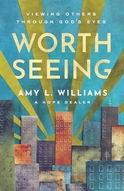Bill Howell, with Hélène Lee. Akashic, $22.95 (200p) ISBN 978-1-63614-172-5
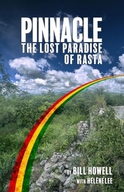
Chad Robichaux with Craig Borlase. Thomas Nelson, $29.99 (224p) ISBN 978-1-4002-4775-2

Russell W. Joyce. IVP, $18 trade paper (224p) ISBN 978-1-5140-0908-6

Joel Osteen. Faithwords, $27 (192p) ISBN 978-1-5460-0511-7
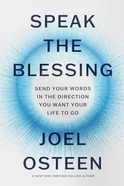
Tony Evans. Bethany House, $22.99 (160p) ISBN 978-0-7642-4199-4
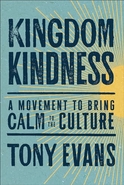
Matthew L. Harris. Oxford Univ, $39.99 (480p) ISBN 978-0-19-769571-5
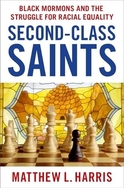
Will Gervais. Prometheus, $29.95 (432p) ISBN 978-1-63388-924-8
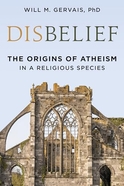
Dave Gibbons. Worthy, $27 (256p) ISBN 978-1-546-00323-6
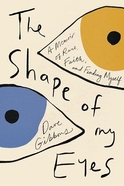
James Ishmael Ford. Shambhala, $19.95 trade paper (288p) ISBN 978-1-64547-218-6

Amy L. Williams. IVP, $18 trade paper (224p) ISBN 978-1-51400-712-9
